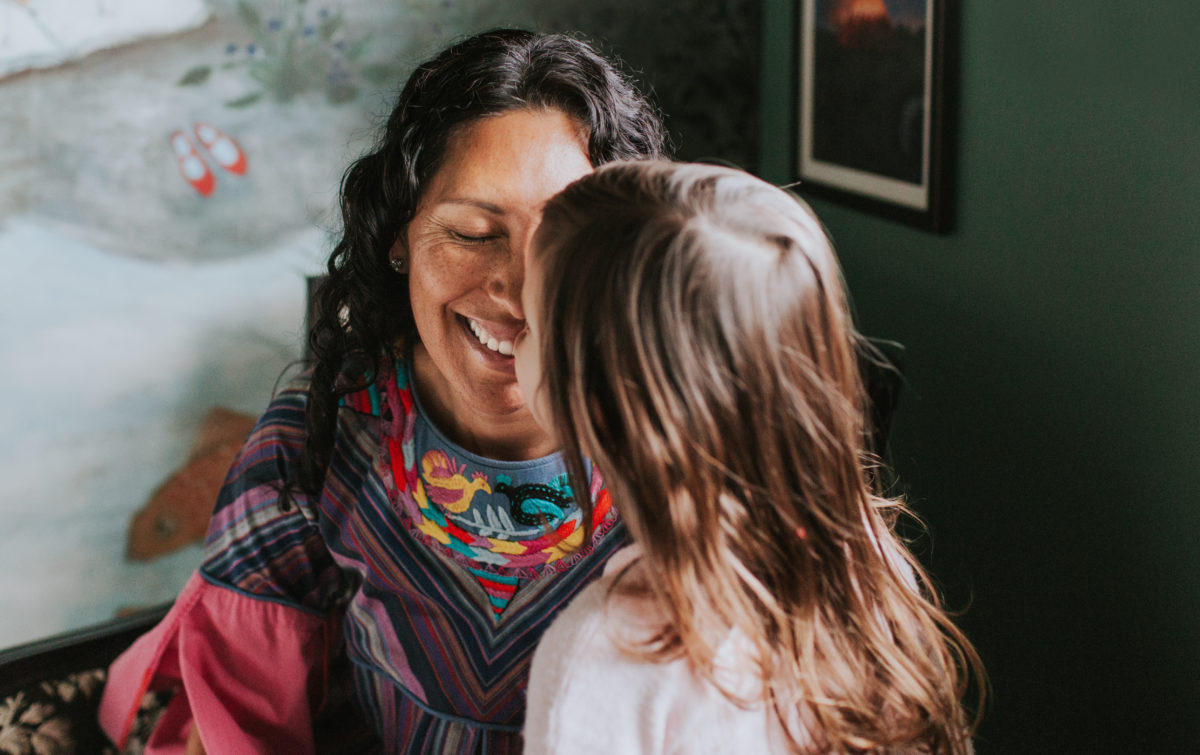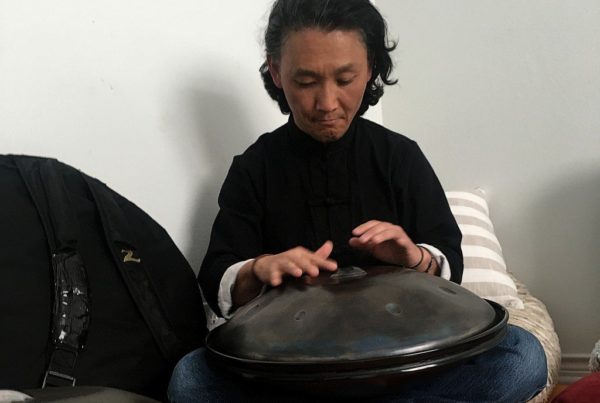Writer Norma Newton had wanted to become a mother for a long time. Now that she has two kids, she says parenthood has been filled with moments of “sheer joy” and “utter pain.” One Sunday evening was particularly challenging. She went to put her daughter to bed – a time Newton says is usually filled with tenderness. But this time was different.
“It feels like every time I come closer to her, she’s backing away,” Newton says.
So she asked her daughter what was wrong.
“And she says to me, ‘Mommy, I just don’t want you to touch me. Your skin is dark,’” Newton says.
She says that hit her hard.
“I felt like I had been punched in the stomach. I wanted to vomit and run away,” Newton says.
At first, she says she didn’t know where her daughter’s repulsion came from. But Newton says she’s had her own internal battle with the color of her skin.
“There are many days where I am so proud to be a strong, indigenous mestiza, and I am so proud of being of a lineage that has not been erased,” Newton says. “On the other hand, there are definitely days where it brings me such pain.”
Newton’s skin is darker than her daughter’s, and she says sometimes she feels people make assumptions about her or dismiss her because of that.
“I am often confused for her nanny; it is very common for people to approach me, assuming I am hired help,” Newton says.
Newton says she’s always struggled with her relationship with her skin color, but her daughter’s comments helped her see that struggle in a different way. Newton worries that her daughter might be internalizing some of her insecurities, in addition to picking up on racism and discrimination that can be part of American culture.
“Has she sensed how I feel about my skin? Has she already discerned what society favors? Did something happen to her?” Newton says.
Since then, Newton says she’s tried to change her behavior, especially the things to which she exposes her daughter.
“I’ve really doubled down on my efforts to display brown beauty and examples of accurate representation in media and in art and books,” Newton says.
She says it’s helped both of them.
“She has really softened around this idea of color,” Newton says. “We are both really learning to accept and to love our own colors and each other’s.”
Newton’s story first appeared in The New York Times Parenting section.
This story was updated to change “mestizo” to “mestiza.”
Written by Caroline Covington.
















